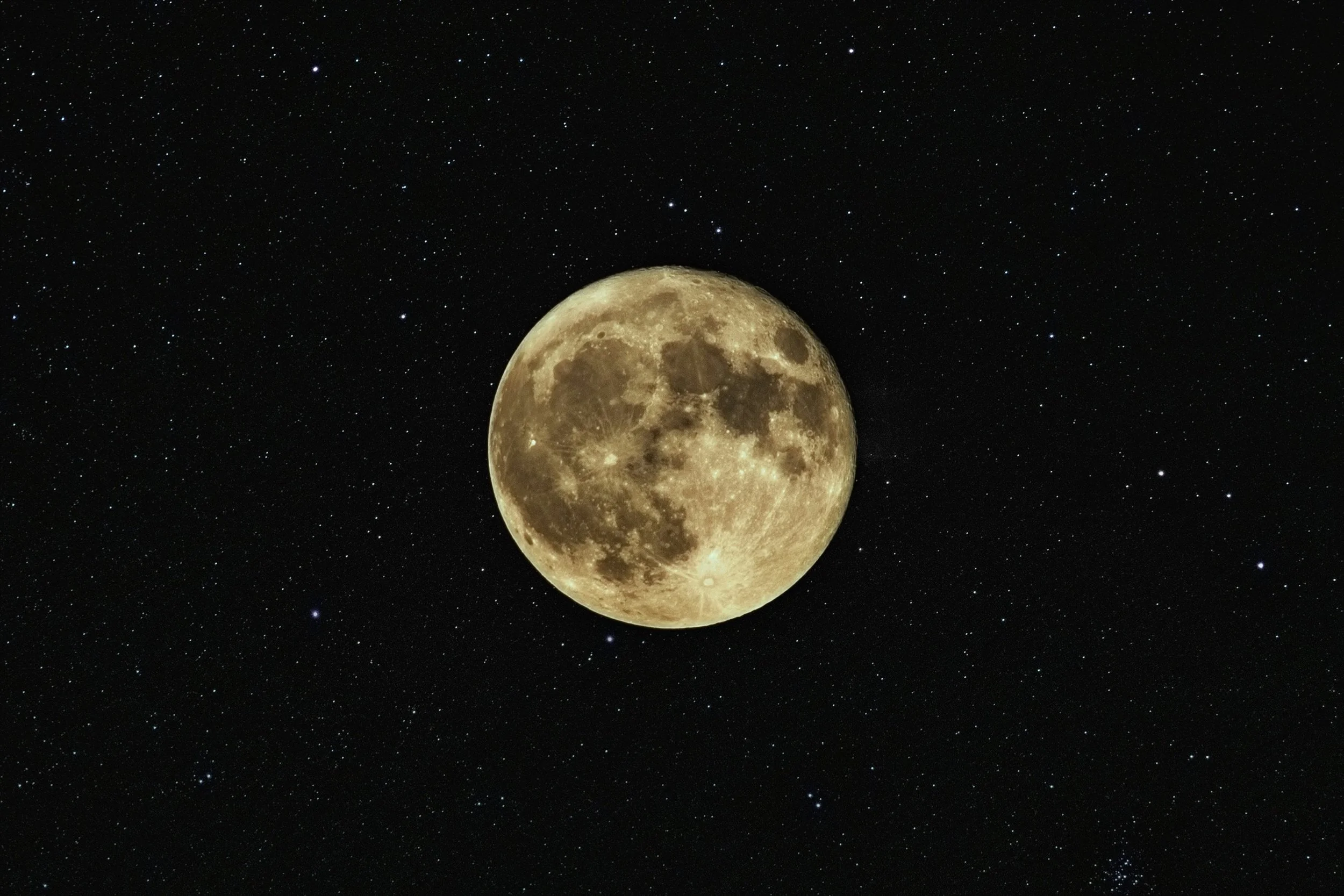Issue 165: Private Space Travel is About to Take Off
Welcome to Backstory, a weekly newsletter turning global technology shifts into a three-minute read. This week, we’re thinking about space. – Mary Ames, Director of Strategy
THE BIG TAKE
Private Space Travel is About to Take Off
The private space race is heating up in 2024, with two private companies leading efforts to return the United States to the moon. It’s been more than five decades since the Apollo program ended, and now NASA is looking to private companies to reignite American exploration of the moon. But it’s not just the US rushing back to the moon. Countries like Japan are launching their own lunar missions. The success of these missions will influence larger missions such as those to Mars.
Can private companies lead the future? Astrobotic Technology, a Pittsburgh-based company, will send a moon lander on the United Launch Alliance’s Vulcan rocket this week. Next month, Houston-based Intuitive Machines plans to launch a lander aboard a SpaceX rocket. A few years ago, such missions were a pipedream, but rapid development in the private sector, along with support from NASA, has radically changed how space exploration is handled. This is good news for other space programs worldwide.
Space exploration for all. The UAE is among several smaller countries that have launched their space programs in recent years. The rise of private companies operating in space travel means more support exists for countries like the UAE or Japan to conduct their space programs. This has a vital knock-on effect at home. Beyond scientific advancement, the magic of space travel lies in how much excitement it creates on Earth. As astronauts race to discover the outer reaches of our solar system, their efforts kickstart research in broad and diverse fields. Space exploration used to be the sole realm of superpowers like the US and Russia. Now that rocket technology and computing have become cheaper and more accessible, we see the rise of new space powers. This is a significant step for humanity’s efforts outside our home planet.
QUOTE OF THE WEEK
“There is nothing so absurd that it has not been said by some philosopher.”
– Cicero
CHART OF THE WEEK
This week, we are thinking about investment in AI. The Economist reviews the strange trends in AI investment based on global capital spending. The level of investment will have a significant impact on how AI develops this year.
OUR VIEWS THIS WEEK
Our writing on space: Over the past years, we’ve explored many aspects of the UAE’s space program. Throughout our special Backstory: Space editions and published articles on our website, Xische has been a one-stop shop for all things related to space. We strongly believe in the ability of space exploration to spur our knowledge economy at home. As the Hope probe continues its marathon mission, we’ll continue to follow the story of space closely. The Hope probe is only the beginning for the UAE, the region, and us.
The space club: When Hazza Al Mansouri lifted off from a remote Russian space facility in Kazakhstan, he carried the hopes and aspirations of a nation and a people. His mission to the International Space Station marked the UAE’s admission to the space club. In this piece published by Xische, we outlined what it means for a small country to take a seat among the most powerful nations leading space exploration.
SPOTTED ELSEWHERE
No more cookies. The online ad industry is set for one of its most significant changes ever. Google is about to stop using cookies, a technology that logs internet users across websites so that advertisers can target them. Starting this week, the search engine company will restrict cookies for 1% of people who use its Chrome browser. By the end of the year, Google plans to eliminate cookies for all Chrome users. While this is great news for user privacy, the ad industry isn’t prepared for the shift. Popular websites will likely start to look different as the year progresses.
Plastic in water bottles. Microplastics are one of the issues that many of us have heard about, but only some understand. These tiny particles are formed when plastics break down into smaller bits and are then consumed by humans and other creatures, with unknown potential health and ecosystem effects. They are seemingly everywhere, as new research from the Columbia Climate School published in Physics shows. For the first time, researchers counted and identified these minute particles in bottled water. They found that, on average, a liter contained some 240,000 detectable plastic fragments—10 to 100 times greater than previous estimates.
QUICK HITS
Are fish and chips at risk?
It is time for slow productivity.
It’s not the wheel, it’s the tire.













